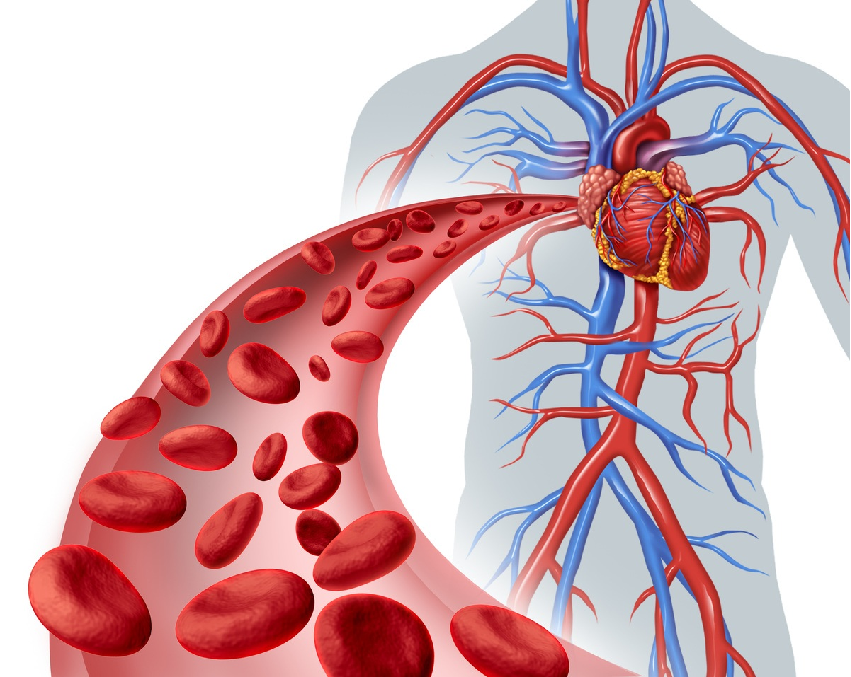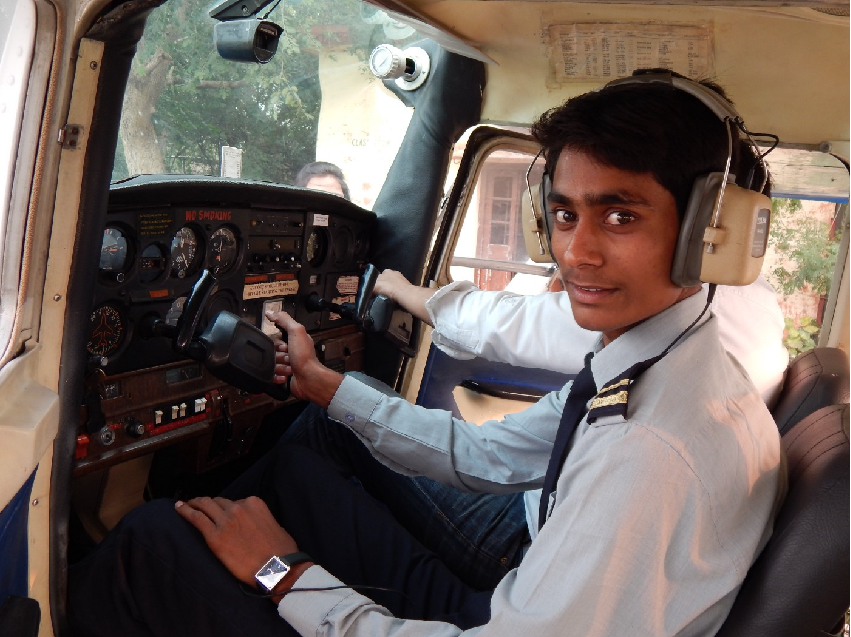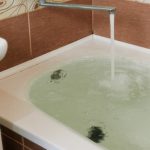Here you will learn about the tests you will need to take during your initial medical exam to begin your studies as a professional commercial aircraft pilot.
First, you have to remember that the exam you will take is to obtain the class 1 medical certificate. With this certificate, you can request enrollment in any pilot school.
In general, specific tests are carried out for each system of the human body, but a blood and urine test is also carried out, to check for traces of narcotic substances or alcohol. In addition, specialist doctors check your weight, height, blood pressure, and pulse.
All these tests serve to ensure that you do not have any disease or disorder that could interfere with your duties as a pilot and, therefore, endanger the safety of all the people who will be on the plane with you.
Cardiovascular System

At the initial examination, a standard electrocardiogram, known as an ECG, is performed. Here it is intended to see if the heart is working properly. One of our instructors, Roger Martí, explains that this test looks for any irregularity related to the heart. This is done from suction cups with electrodes spread over the chest while you are at rest.
You must pass this test at the initial exam but also every five years until you reach thirty. Then the visits will have less margin between them: two years until the age of forty and one years until the age of fifty.
But going back to the initial exam, you will also have a blood test to check your lipids and cholesterol, something that is very important in the exams, according to Martí.
Respiratory System
During the initial examination, different tests are carried out to check that the lungs do not have any condition. If, for example, you suffer from asthma, you will have to pass a more rigorous test before being certified.
Visual System
As part of the initial exam, you will have to pass a complete ophthalmological test and another routine in the exams to renew the class 1 certificate. They will also take a careful look at your distance visual acuity and if you are able to read at certain distances.
In addition, you will also have to pass the Ishihara test, which aims to check if you have any alteration in the perception of colors, such as color blindness.
Otolaryngology
In this stage, the nose, ears, throat, and mouth are checked. Pure tone audiometry is performed to verify that you have “correct” hearing for the safe exercise of commercial aircraft piloting.
Based on his own experience, our instructor Roger warns that from the age of forty it is more difficult to hear high pitches. Therefore, I recommend that future pilots from that age onwards be more careful when piloting. Although it is also true that doctors give measures to solve this deficiency, such as helmets or plugs.
Psychiatric and Psychological Examination
Just as in the medical examination the state of the body is looked at, and the state of the mind is also checked. The specialist who performs the tests will check that you do not have any mood, neurotic, personality, or behavioral disorders.
This part is carried out only in the initial exam and, exceptionally, if during your career as a pilot you have had some traumatic experience, such as an accident or the death of a loved one.
Roger Martí tells us that when he carried out his psychological exam, they asked him to go into a room, which he found to be empty when he entered. After a few seconds, the specialist jumped out from under the table and asked, “What do you think of what I just did?” With this, Martí demonstrates that in these exams all of the applicants for the certificate are analyzed.
You may like to read 11 Tips From An Instructor For Future Pilots



